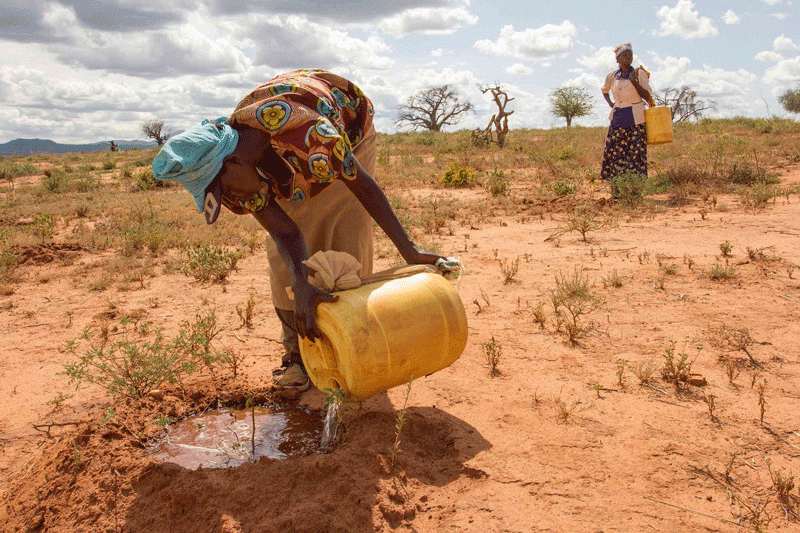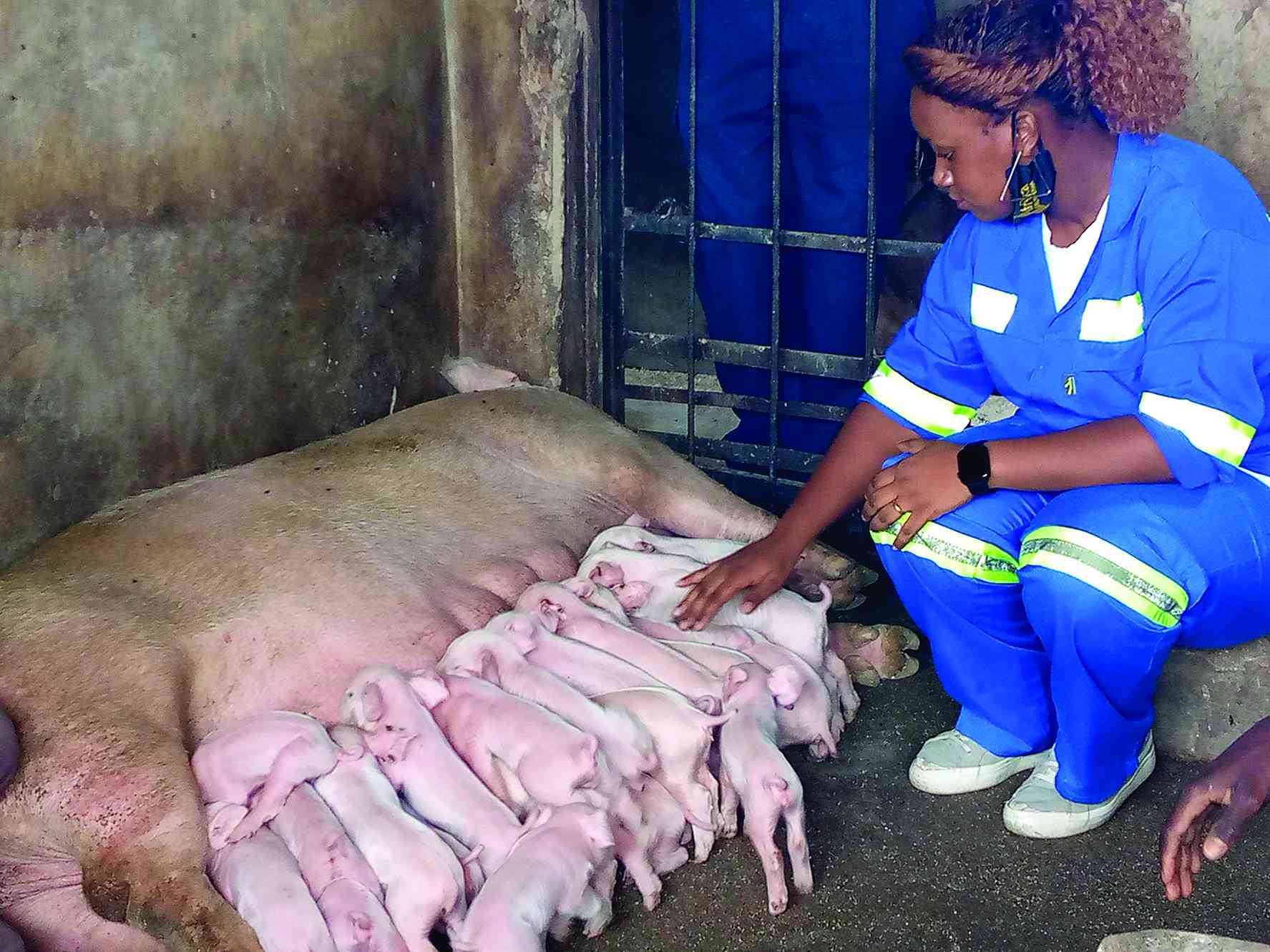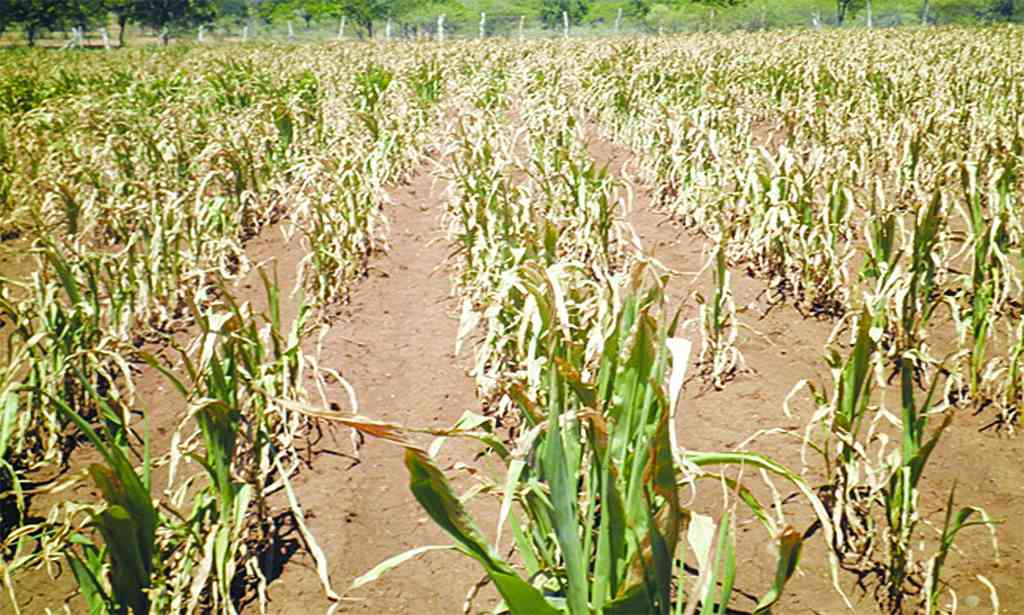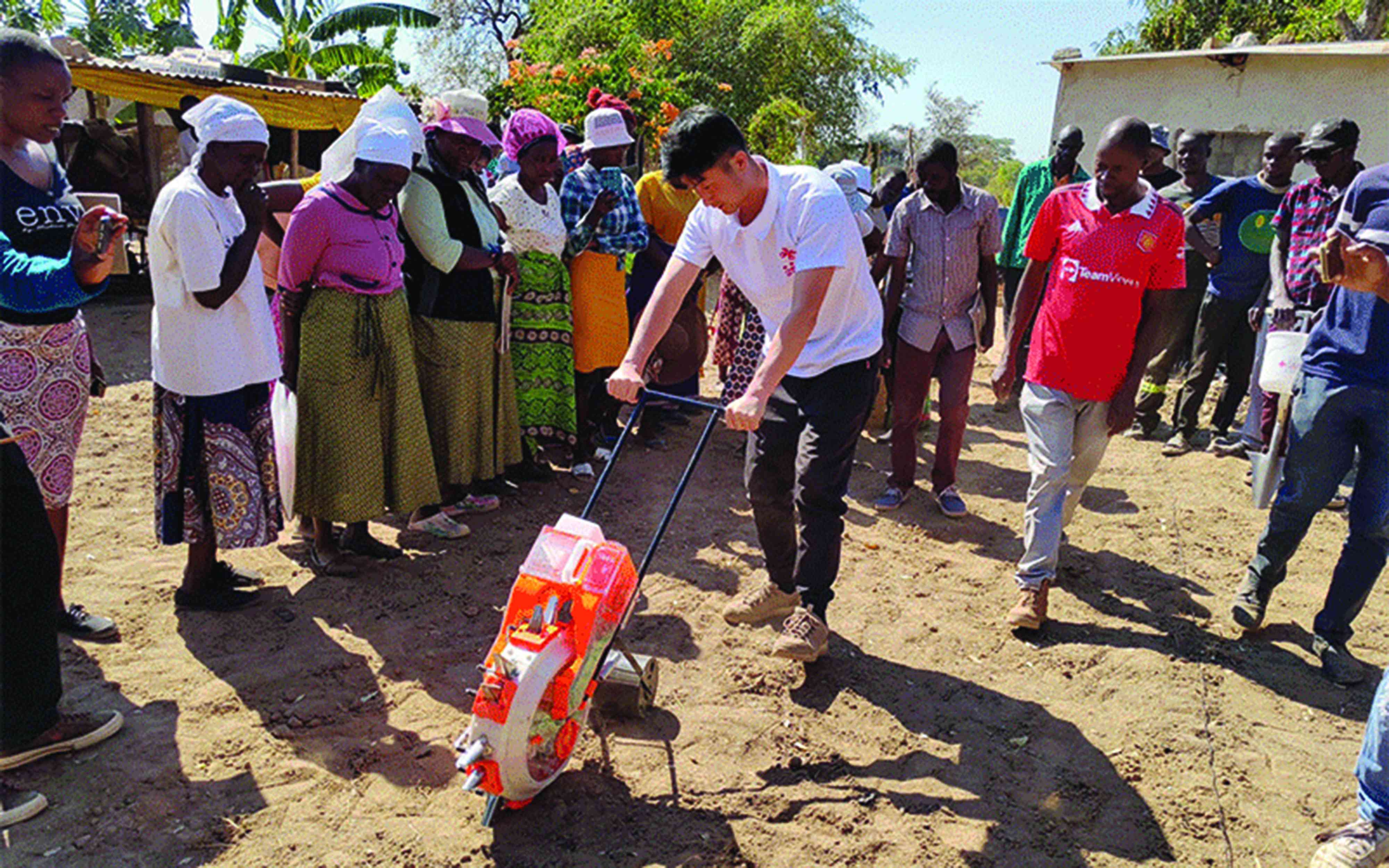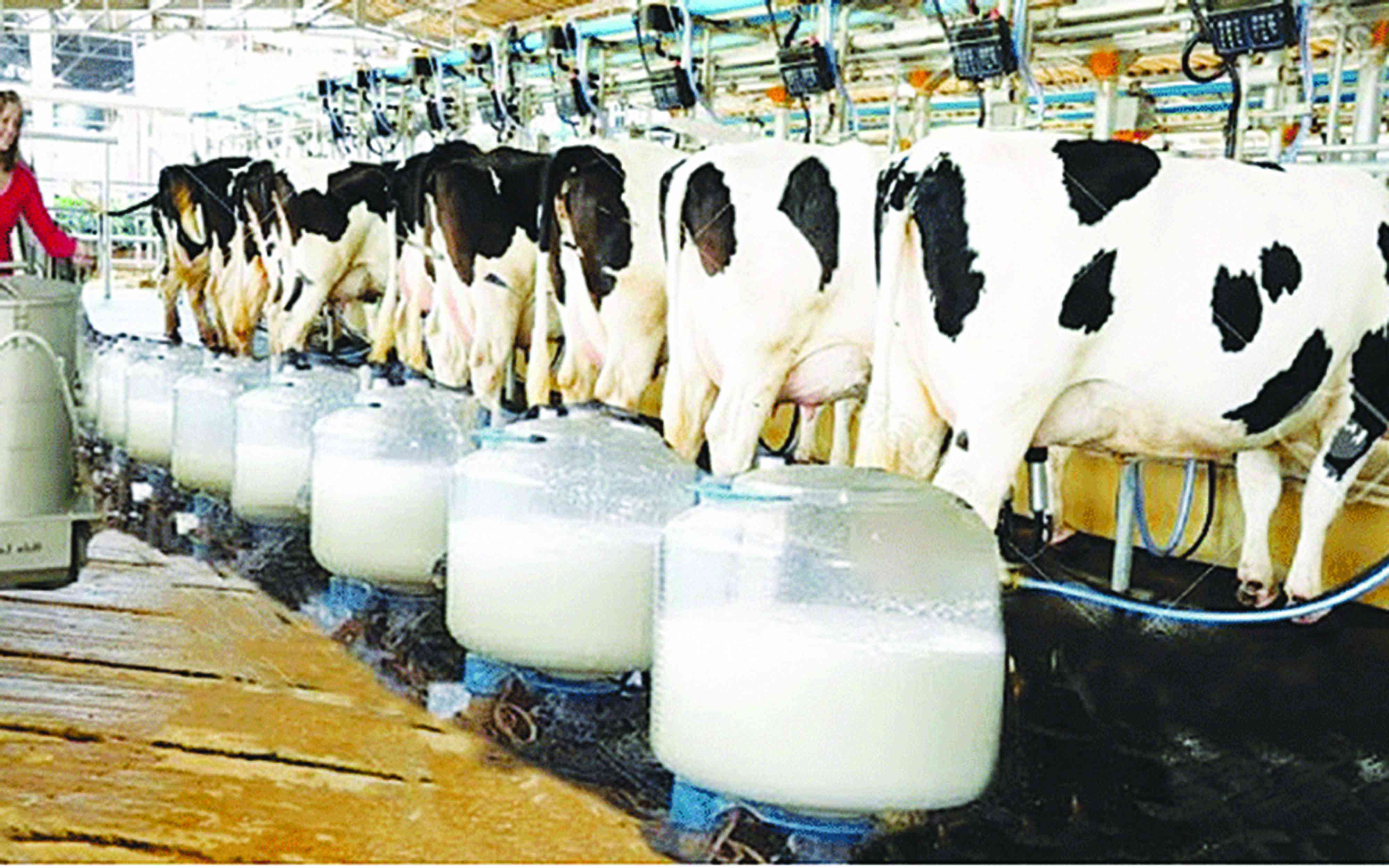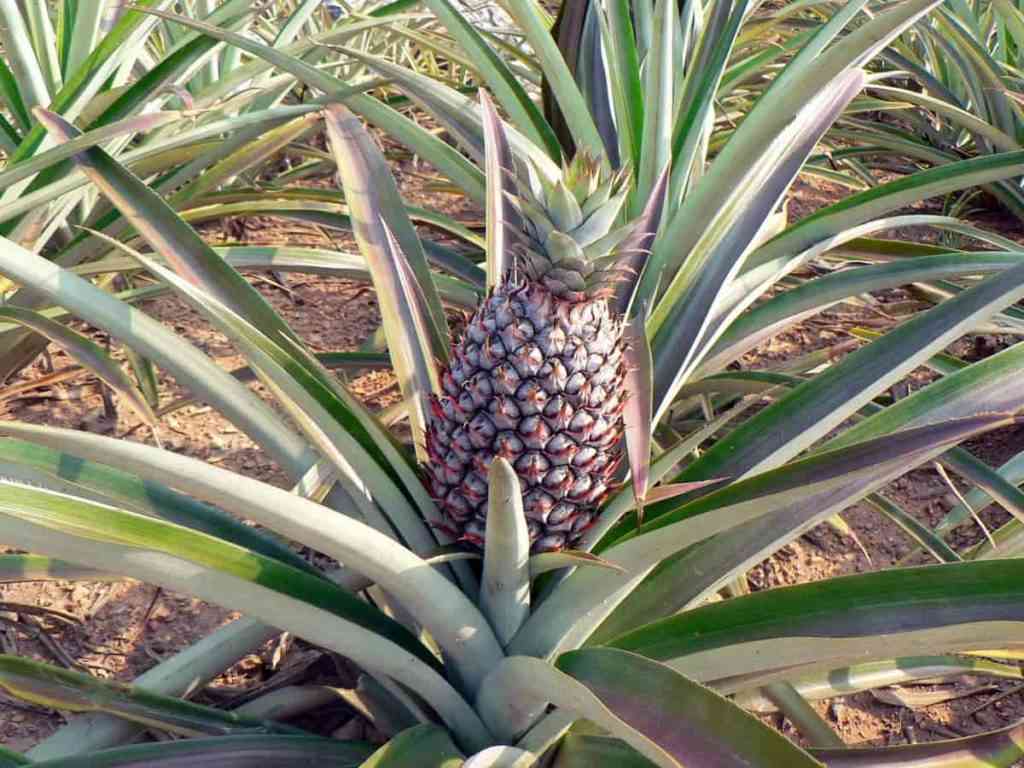
IT is 5 o’clock in the morning and the chirruping of birds signals the beginning of a new day.
Rhodah Munderedza, who hails from Nyabamba Village under Chief Muusha, Chimanimani, Manicaland province, is already up. Clad in her work suit and pair of gumboots, she is armed with the tools of her newly found trade — pineapple farming.
Munderedza, an environment health technician by profession, said farming must be part of one’s wish list to succeed.
“Firstly, farming is a passion for me. Anything that you do without love for it becomes laborious. Farming is so demanding that long nails and earrings are not needed. Instead, the dressing is gumboots and work suits all the time,” she says.
The 45-year-old secured the three-hectare virgin land in 2018 and at that time, was not sure of what to put on that vast land.
To make matters worse, she was financially unstable.
“We came up with the idea of pineapple farming and in 2022, we planted the first batch. By that time, we did not do it in a professional way and we had to go on Google and research from books to get proper information. We also consulted fellow local farmers.” Through passion, commitment and dedication, Munderedza is slowly beginning to realise her dream.
She has two full-time employees.
- Chief threatens anti-govt activists
- Chief fines CCC activists for rejecting Zanu PF
- Pineapple farming changes Chimanimani woman’s life
Keep Reading
“In pineapple farming, where a person never received any formal training, you are always a student. I always come across new things,” Munderedza says with a smile on her face.
“It is now one-and-a-half years and the project is beginning to bring in some returns, though they are still little.”
She adds: “I am yet to achieve a lot with this project. I can say the only thing I have achieved so far in my pineapple farming is the ability to grow the golden fruit in the correct way. Imagine farming a fruit which is only grown in three districts of Manicaland province in the whole country. That is an achievement.”
Munderedza is expecting a bumper harvest which she hopes will change her life for the better.
She has been busy advertising her pineapple produce on social media platforms especially on Facebook.
“I have received orders from the Netherlands and Zambia. Social media has helped me a lot and I continue to receive orders all over the country,” she says.
“I must say Lady Luck has been on my side because I have not experienced problems with pineapple pests and diseases such as fruit flies and blutt rot.
“I have 13 810 plants in the ground. Every plant will grow a single fruit in the first or second year. I sell them at US$0,50 per fruit in Mutare or Harare, which means I should realise in excess of US$6 905.
“A pineapple plant brings out two fruits a year and then it may have up to five or six suckers. So for the 13 810 plants, multiplied by five or six suckers, it should give us beyond US$65 000 and then we divide by two, which gives us slightly over US$35 000 twice a year. Hopes of getting that amount motivate me.
Although Munderedza has made some wins in her business, she has also encountered challenges which affect her day-to-day operations.
“I am not a crybaby, but I have so many challenges which include lack of funds to boost the project. I need to install a perimeter fence to protect my crops from thieves.
“Recently, they came in the dead of the night and stole my pineapples. Wild animals also eat my crops,” she says.
“Since pineapples are grown throughout the year, I need to drill a borehole and set up irrigation equipment.
“This will allow me to carry out active farming during the winter season and increase my harvest.
“I also wish to have more employees. Pineapples are perishable and fragile. They need to be handled carefully; therefore, a truck is needed for easy transportation of my produce to the market.”
Despite the challenges, Munderedza sees some light at the end of the tunnel as she has given herself a timeline to leave her permanent job and take farming on a full time basis.
“Firstly, if all goes well in the next five to 10 years, I intend to go into early retirement at 55. I also look to expand my farming area to 10 hectares. I see myself diversifying fruit trees like apples, peaches, grapes, berries, grapes and bananas,” Munderedza says.
“I see myself as an established person doing value addition to my fruits like, drying and juice making.
“With time, I see myself having solar-powered piped water with irrigation and creating employment for more than 10 people. I also see myself acquiring two trucks to take my produce to the market.”
She adds: “I will plough back into the community by capacitating potential farmers who will be struggling, especially women and the youth.”
Countries such as China, Brazil, Indonesia, India and Philippines are the top consumers of the golden fruit.
Munderedza feels that if the government invests more in the crop, it will be a game changer for smallholder farmers in bringing in the much-needed foreign currency.
Zimbabwe Commercial Farmers Union president Shadreck Makombe said a lot needs to be done to support pineapple farmers in the country.
"We have not done much although there are other players assisting these pineapple farmers, notwithstanding the fact that we have strategies to have our presence felt by playing a significant role in helping out the farmers in a holistic approach," he said.
Pineapples have medical benefits.
They contain bromelain, a digestive enzyme in pineapple, which has anti-inflammatory and pain-relieving properties.
This helps when one has an infection, like sinusitis or an injury, like a sprain or burn.
It also offsets the joint pain of osteoarthritis.
The vitamin C in pineapple juice also keeps inflammation levels low.


